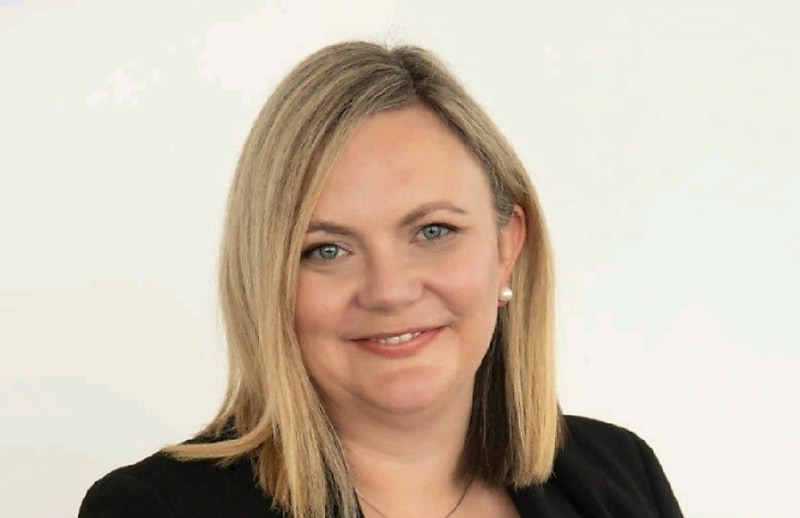Lipo, lip filler, Botox not for early super access, ATO warns
SuperThe ATO and Australian Health Practitioner Regulation Agency are warning against "dipping in” to superannuation funds to pay for unnecessary cosmetic procedures masked as medical treatments.

The Tax Office and the Australian Health Practitioner Regulation Agency (AHPRA) are joining forces in a move to eradicate business models seeking to take a swipe at superannuation to pay for “overly expensive or unnecessary” medical treatments.
Accessing super to use for payment, known as access on compassionate grounds, allows access to super to meet expenses for personal or dependent individual reasons in very limited circumstances.
In the limited circumstances, the ATO does allow for super to be accessed on compassionate grounds for medical treatments, however ones only critical in nature.
Data released by the ATO on Thursday (16 October) unveiled a significant growth in applications for compassionate release of super, with dental service requests doubling over the last two years.
According to the ATO, to be approved, the services needed to be certified by two practitioners as necessary to alleviate acute or chronic pain, treat life-threatening illness or injury, or alleviate acute or chronic mental illness.
To stop those looking to access their super for circumstances not considered to be on compassionate grounds, AHPRA and the Dental and Medical boards of Australia released new guidance for doctors and dentists in response to ongoing concerns of inappropriate conduct.
Emma Rosenzweig, ATO deputy commissioner, said the ATO was concerned that some health practitioners and registered agents were inappropriately supporting individuals to access their super on compassionate grounds for cosmetic procedures not aligned with the requirements.
“While superannuation can be accessed early under compassionate grounds, this is strictly available in very limited circumstances, including for critical medical and dental procedures,” she said.
“I want to make it clear, compassionate release of super should only be considered as a last resort, where all other options of paying for the eligible expenses have been exhausted.”
On the guidance developed and released by AHPRA and the Dental and Medical Boards of Australia, it was noted there was a need for a thorough assessment by an appropriately skilled practitioner, prioritising an individual’s health.
Justin Untersteiner, AHPRA CEO, said he was “stunned” to learn that some businesses and practitioners were taking advantage of the process to push overly expensive or unnecessary treatments.
“There is an inherent trust that the community places in their practitioners and taking advantage of people in need is never acceptable,” he said.
“Any advice on what procedure is necessary should be based on the patients’ best interest and not influenced by financial gain or incentives.”
A warning was also issued with the new guidance, which cited that practitioners who were providing financial advice without a licence could be slammed with severe penalties from the corporate regulator, ASIC.
According to Untersteiner, in 2024–25, a decent portion of the $1.4 billion in superannuation released early on compassionate ground were medical treatments, including dental, IVF and weight loss treatment.
Within this category, there were 93,500 applications, with a majority in relation to dental service,s of which 30 per cent were rejected by the ATO for not meeting the requirements of compassionate release.
In terms of complaints made about practitioners, AHPRA said it generally related to treatment already provided and funded through early access to super, with regulatory action ranging from cautions and conditions to tribunal referral.
“We are seeing practitioners making inaccurate statements in medical reports. The ATO relies on medical and dental professionals to act in the best interests of their patients to prepare accurate reports regarding their diagnoses and the required treatment strategy,” Rosenzweig said.
The ATO and AHPRA said they would continue to work together to monitor recent growth in applications and identify any concerns about inappropriate conduct.




